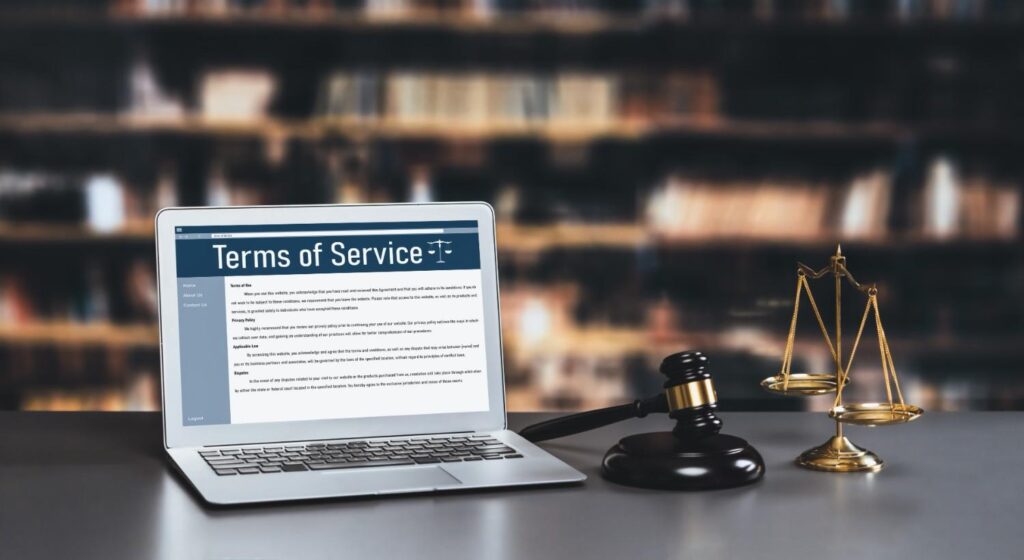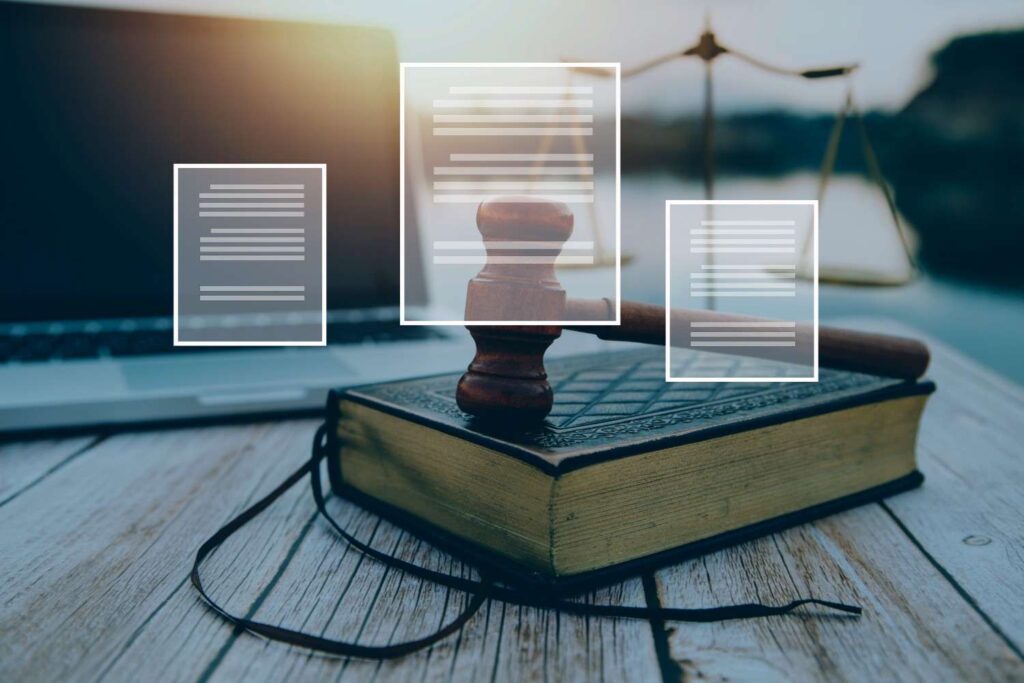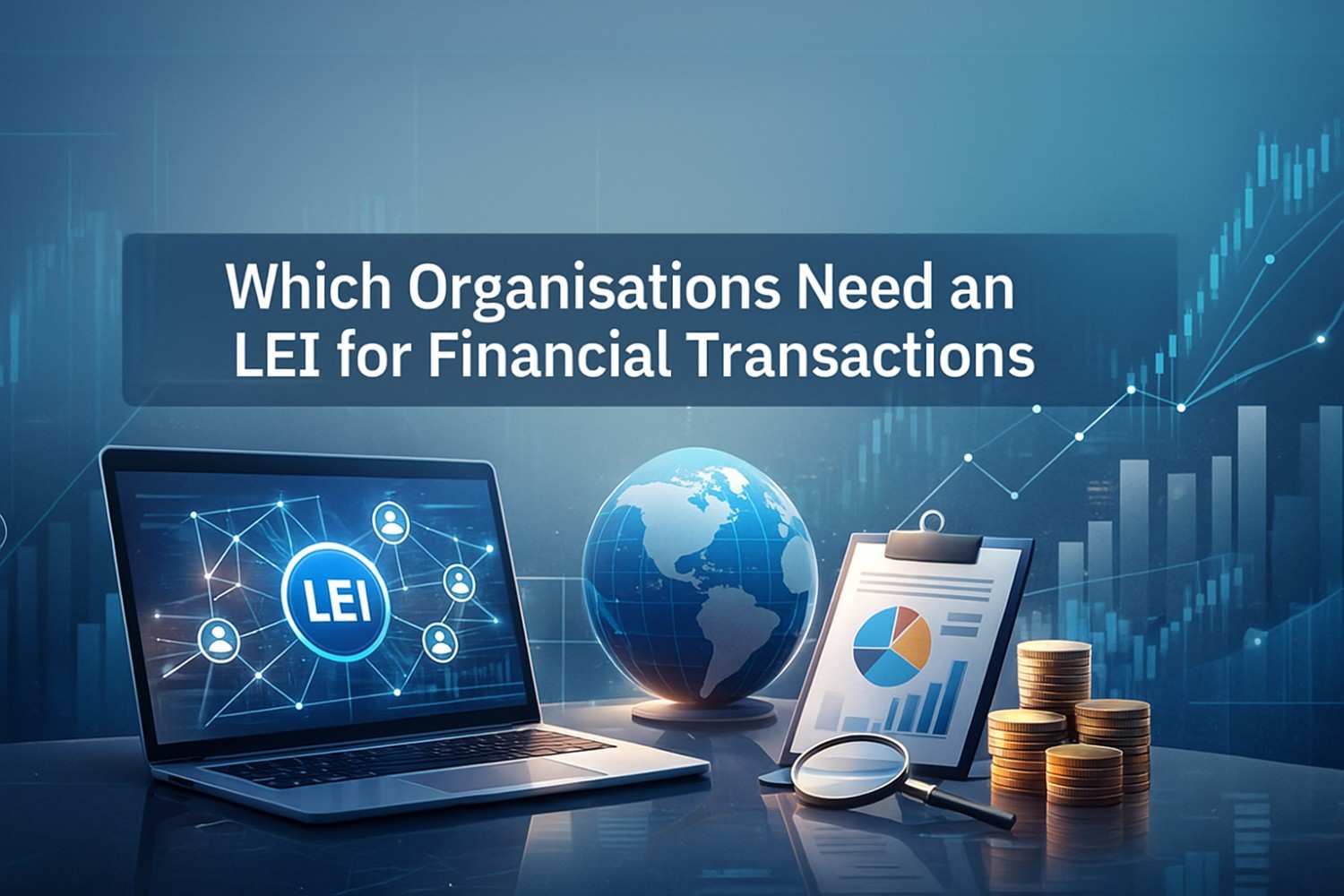Clear identity rules help protect financial markets. A Legal Entity Identifier, known as an LEI, gives each eligible organisation a unique code that proves who is involved in a financial deal. Firms use this code when they trade shares or hold complex products. It supports trust across local or global activity.
Many firms reach out to trusted agents like LEI Register for the LEI application process. This step helps firms meet key rules that apply to trades or reporting duties. This article explains which organisations must obtain an LEI, why they need it, plus how the code supports safe financial activity.
Entities That Conduct Capital Market Transactions
Any organisation that trades listed shares or bonds must obtain an LEI. Market rules require accurate records for every trade. Regulators need to identify each party to prevent confusion in fast markets. A firm that manages client portfolios must also secure an LEI if it places orders for clients. The code links the firm to each order. This reduces the risk of errors during reports or audits.
Some firms work with brokers or platforms that request LEIs before they accept a trade. These platforms rely on clear identity checks. Without an LEI, a firm may lose access to the market. The code also helps match trade reports with transaction details because regulators must track the flow of activity across markets. A firm with an LEI shows that it meets essential standards.

Organisations Involved in Derivatives
Firms that enter futures, options or swaps must hold an LEI to meet strict rules. Derivative products carry higher risk. Authorities study these positions to monitor exposure. An LEI helps match each contract to the correct legal entity. Without it, a firm may face report failures or missed deadlines. These failures may lead to delays or loss of access to certain instruments.
Many large commercial firms enter derivative contracts for risk control. These firms may seek protection from currency shifts or price changes. An LEI helps confirm their identity when they deal with banks or financial counterparties. Clear records support trust because each participant can show its legal structure. This makes the contract easier to manage across its full term.

Corporate Structures and Trusts That Require Identification
A parent group with several units may need separate LEIs for each active unit. Regulators want to know which unit holds a position or enters a trade. This helps them study exposure across the group. A parent firm may manage many lines of business. Each line may face different risks. An LEI gives clarity within the structure.
Trusts or similar legal structures may also need an LEI. This applies when they hold major assets or take part in market activity. The code confirms who controls the trust. It also supports correct data when the trust submits reports to market bodies. A clear identity code helps prevent mix-ups that may place the trustee or beneficiary at risk during compliance reviews.

How the LEI Promotes Safe Financial Activity
The LEI enhances the accuracy of data sent to regulators. It assigns a fixed code to each firm that participates in financial transactions. This aids oversight by showing “who is who” and “who owns whom”. Agents such as LEI Register offer companies tools to register or renew the code within hours once documents arrive. The result is improved trust when new counterparties appear. The code fosters transparency and helps firms confirm they work with legitimate partners.
The LEI system strengthens identity checks in financial markets. Firms that trade securities, engage in derivatives, manage complex structures or operate in key sectors must hold the code. Using a registration agent simplifies the process and helps meet regulatory requirements. Overall, the LEI supports a safer, clearer environment for financial transactions.






